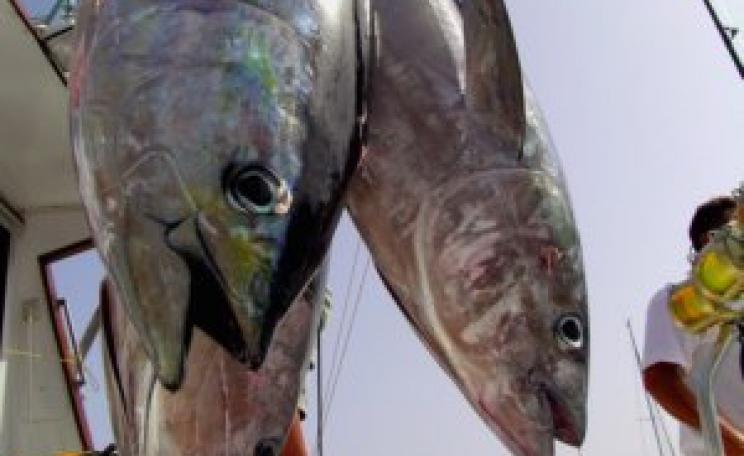Overfishing on the western coast of southern Africa is leaving other species to go hungry, with wide-reaching implications for the future of the Cape gannet, whose young are starving and exposed to increasing predation.
A protected species and member of the pelican family, Cape gannets have a 2m wingspan and can live for 25 years. Family ties have no bearing when it comes to predation, though: pelicans are the main predator of gannet chicks, along with kelp gulls and seals, as fish supplies dwindle.
The findings were revealed in a study by biologist Ralf Mullers of the University of Groningen in the Netherlands. Mullers spent four six-month stints on the Namibian island of Ichaboe and the South African island of Malgas, both uninhabited.
Half of the bird’s six breeding colonies are in Namibia, half in South Africa. Namibian populations have been dwindling since the 1960s as a result of the overfishing of sardines and anchovies; the last decade has seen a drop in South African populations too as the fish have moved from the west coast of the country to the south and east.
Mullers studied the behaviour of parents and chicks, fitting 646 birds with GPS tracking systems to discover that adult birds fly 280 miles a day in search of food. They do not make longer flights if there is less food available, a sensible choice in evolutionary terms, according to Mullers.
Pelicans, also protected birds, have learned to supplement their traditional fish diet with gannet chicks – some weighing as much as 2kg – and slaughterhouse waste from pig farms. The study reveals ‘entire colonies’ of gannets being destroyed by pelicans.
‘There are naturally major economic interests involved,’ said Mullers of the necessary limits that must be placed on fishing numbers within the bird's foraging range if the Cape gannet is to survive.







